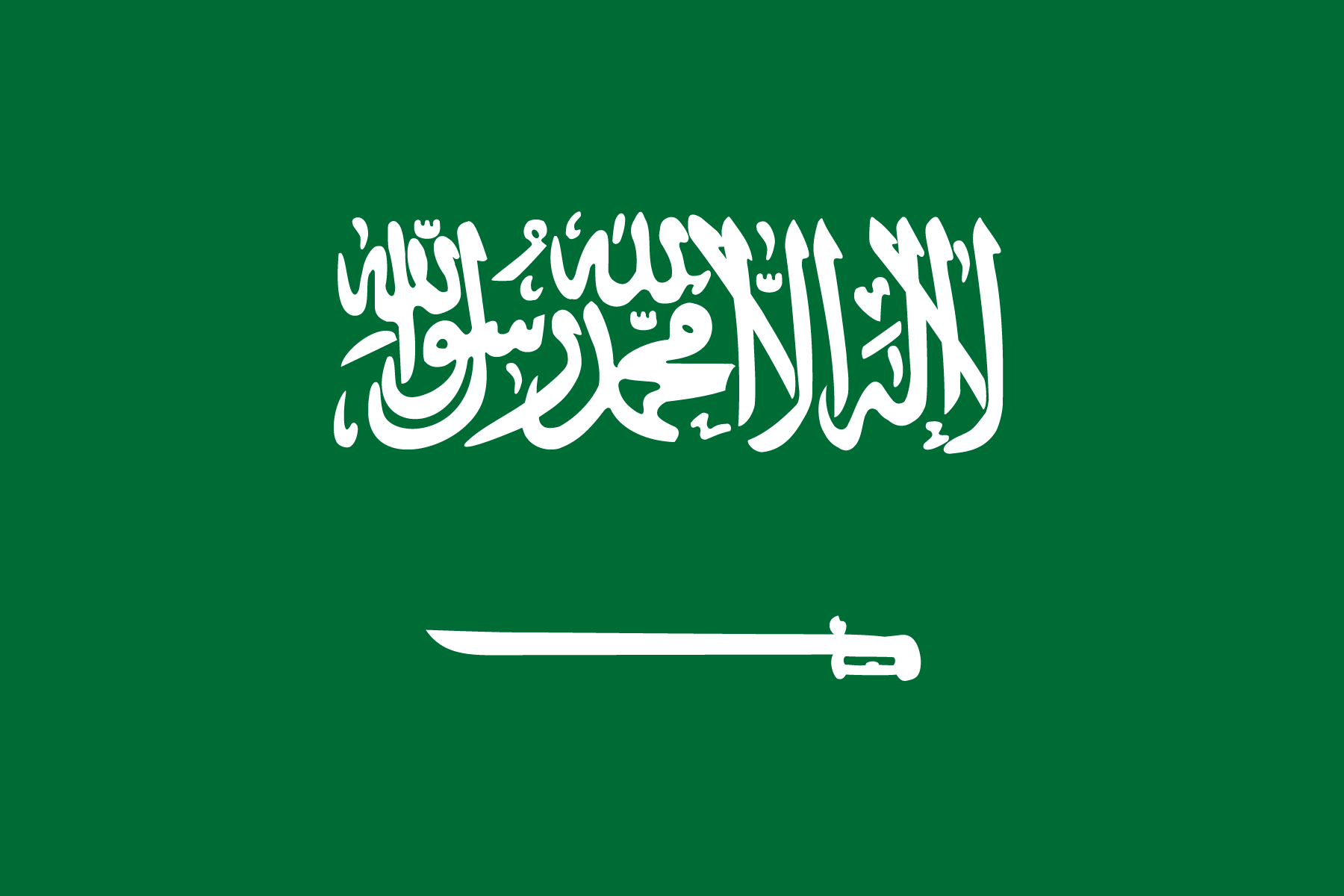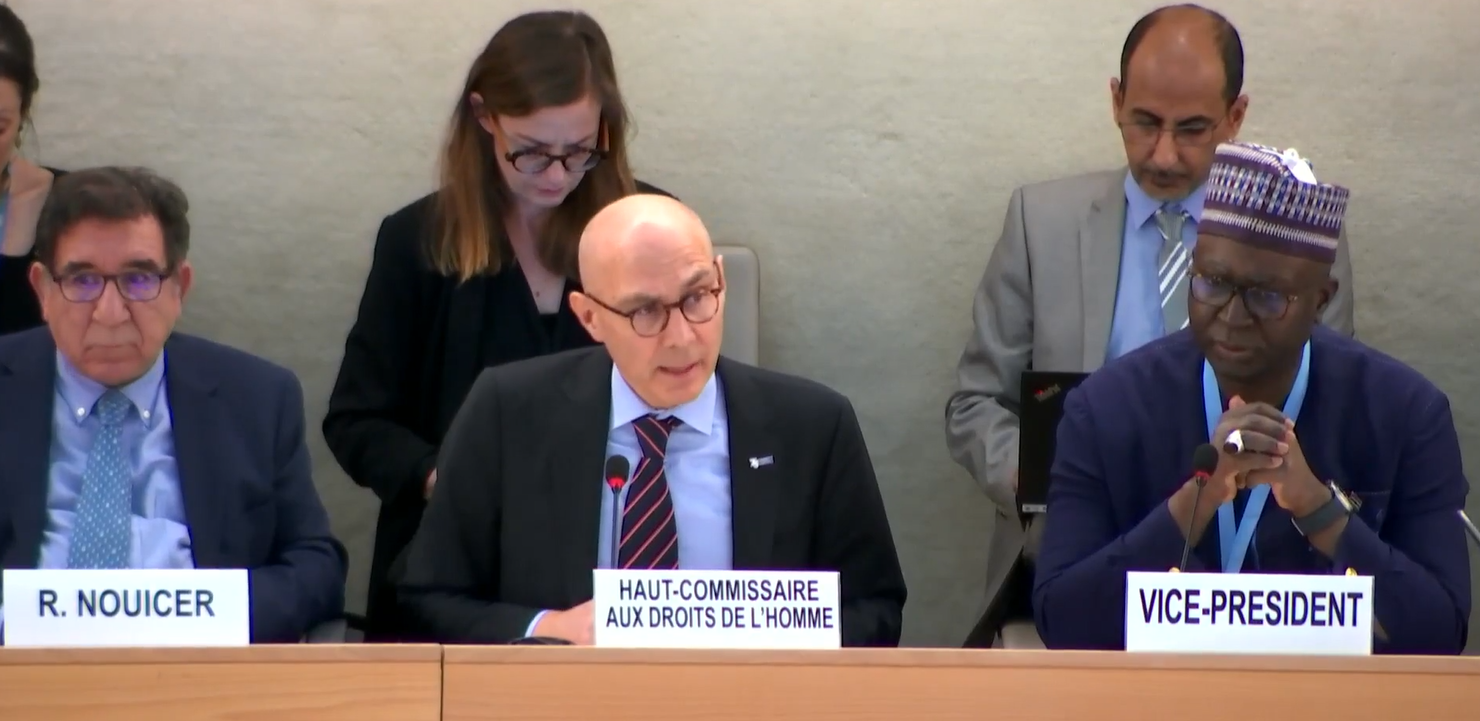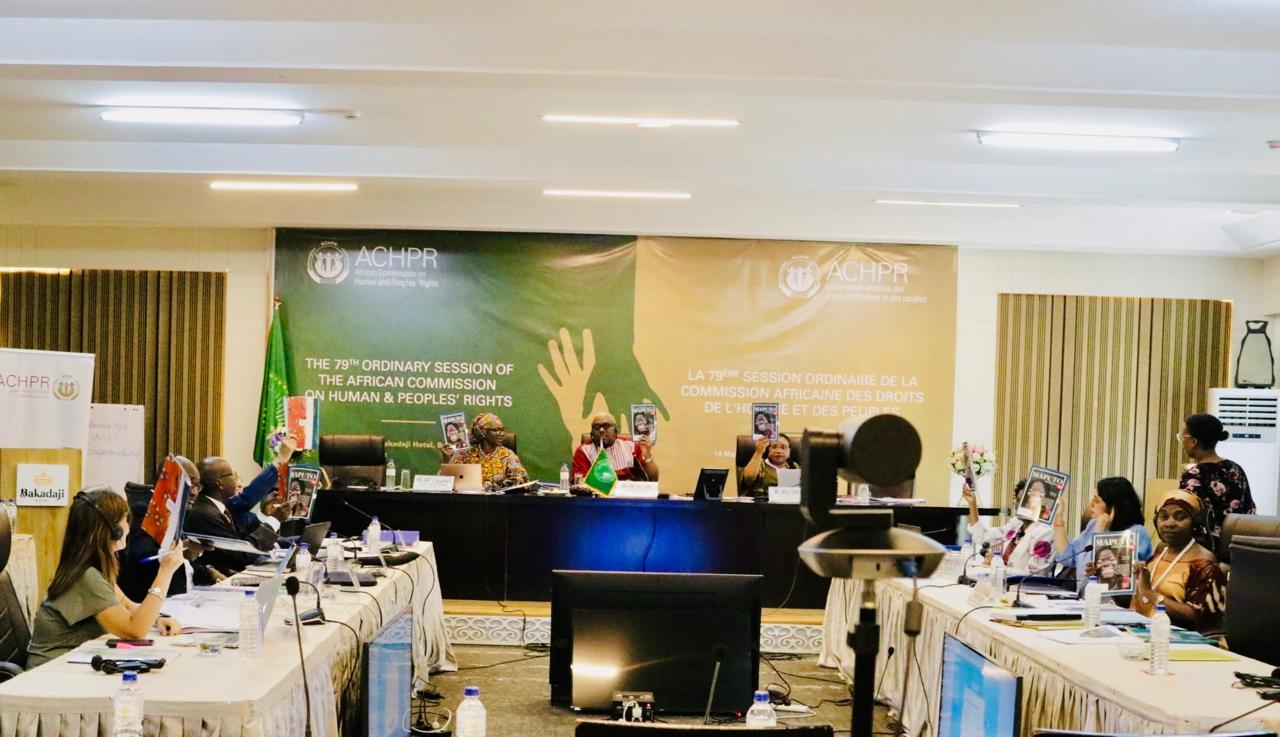At the 52nd session of the Human Rights Council (HRC), ISHR delivered a joint statement on behalf of Sudanese Women Rights Action (SUWRA), Alharisat Organization, Nora Centre for Combating Sexual Violence, WHRD-MENA Coalition, and Sudan Doctors for Human Rights on the grave situation of women’s rights and civil society in Sudan, ongoing since the last HRC session and continuing despite the December 2022 signing of a framework agreement paving the way for the power transition to civilian rule. Since the signing, protests have continued, as has the use of violence and excessive force, arbitrary detention, and extrajudicial killings by the Sudanese military and security forces. The situation for women and women human rights defenders is especially precarious, as they face the added threats of sexual and gender-based violence as repressive tactics and responses to their participation in public and political life. For more information about specific cases of intimidation, attacks, and arbitrary use of the law against women in Sudan, including instances of rape, kidnapping, and harassment, see here.
Download as PDF
The High Commissioner for Human Rights also gave a statement on the situation of human rights in Sudan that aligned with the statement delivered by ISHR on several points. He highlighted that, despite the Sudanese government’s stated commitment that the use of excessive force against protestors would stop, it is still occurring. He cited the case of a 17-year-old protestor in Khartoum, shot dead in the week preceding the HRC session, and emphasised the dire need for and importance of the investigation and arrest of those responsible for this and other instances. The 17-year-old was the 125th person to die since protests began, 1 in 5 of whom are children. He reiterated that the State has the obligation to ensure the full exercise of civil and political rights, which includes the obligation to ensure the safety of protestors from arbitrary detention, excessive and arbitrary use of force, and death, and urged the release of those detained under emergency legislation.
The High Commissioner discussed his concerns about the recent pushback on the important gains made by women under the previous transitional government, as well as the issue of the increased imposition of limitations on civil society and civic space, including increased bureaucracy, such as denial and long delays in registration, increased scrutiny, and harassment. He called for the State to take immediate steps such as publicly committing to guaranteeing the rights of women and girls, including instituting a zero-tolerance policy for sexual violence and all forms of discrimination. He stated that ultimately, public participation in the transition process, through inclusivity, meaningful participation, and fulfillment and protection of the exercise of the core rights to civic space, especially for women and young people, is integral to the transition process.
The UN-designated expert on the situation of human rights in Sudan also underlined that while Sudanese authorities cite their lack of resources and a legislative body as barriers to the establishment of certain protections, there are many things that can be done at low to no cost to build trust between the people and the State. He reiterated the High Commissioner’s calls to ensure the safety and free exercise of civic space and civil society, to publicly declare zero tolerance of sexual and gender-based violence, to issue clear instructions to security forces regarding bans on the use of excessive force, and to speed up the deployment of trained security forces to protect civilians. He stated that these key measures “don’t require much funding, a legislative body,… a civilian government … [only] political will.”
States, such as Norway (on behalf of the Nordic and Baltic countries), the US, the UK, the EU, France, Switzerland, Luxembourg, and Ireland, also affirmed the right to peacefully protest and freedom of expression and assembly. The EU, France, Ireland, the US, Kenya, and Sierra Leone also emphasised the importance of accountability for violations and combating impunity. Notably, Switzerland, the EU, Ireland, Luxembourg, and Sierra Leone all specifically mentioned women and the violence and threats that they face while endeavouring to participate in public and political life. Switzerland urged Sudan to create conditions to enable women to participate in public and political life while guaranteeing their security without fear, their participation being critical at this stage, while Luxembourg asked the High Commissioner how to particularly protect women human rights defenders and civic space. Sierra Leone affirmed the importance of holding perpetrators accountable for any violations against women and girls, especially in conflict regions.
Almost all of the NGOs present highlighted the use of excessive force and repressive measures against protestors and those suspected of protesting. Lawyers Rights Watch Canada and the International Bar Association’s Human Rights Institute emphasised the right to protest. The Eastern Horn of Africa Human Rights Defenders Project called for open civic space and spoke out against the new repressive measures imposed against NGOs and civil society organisations within Sudan. Civicus and the International Bar Association’s Human Rights Institute underscored the issue of sexual and gender-based violence, rape and enforced and involuntary disappearances being used as weapons to punish and discourage women from participating in civic space. Like ISHR, Civicus called on Sudan to end violence against women human rights defenders.
ISHR, Sudanese Women Rights Action, Alharisat Organization, Nora Centre for Combating Sexual Violence, WHRD-MENA Coalition, and Sudan Doctors for Human Rights call on Sudan to:
- immediately end the violence against women human rights defenders, women’s rights groups and women protesters and
- protect the rights of women to advocate for and promote the human rights of all, including women’s human rights.
We call for the international community, especially the member States of the Human Rights Council, to prioritise justice and accountability in any upcoming political solution.
We call for the Office of the High Commissioner for Human Rights and the Designated Expert to:
- conduct an immediate investigation of the violations and gender-based violence against women protesters and defenders, and
- engage in inclusive and wide consultations with civil society including women human rights defenders.
All human beings, regardless of their gender identity, must be able to exercise their rights to participate in public and political life freely, safely, and without fear or threat of violence, harassment, or excessive force. Violators of these and other rights must be held accountable through immediate, impartial, and transparent investigative processes.
HRC52: Joint Oral Statement on Sudan




